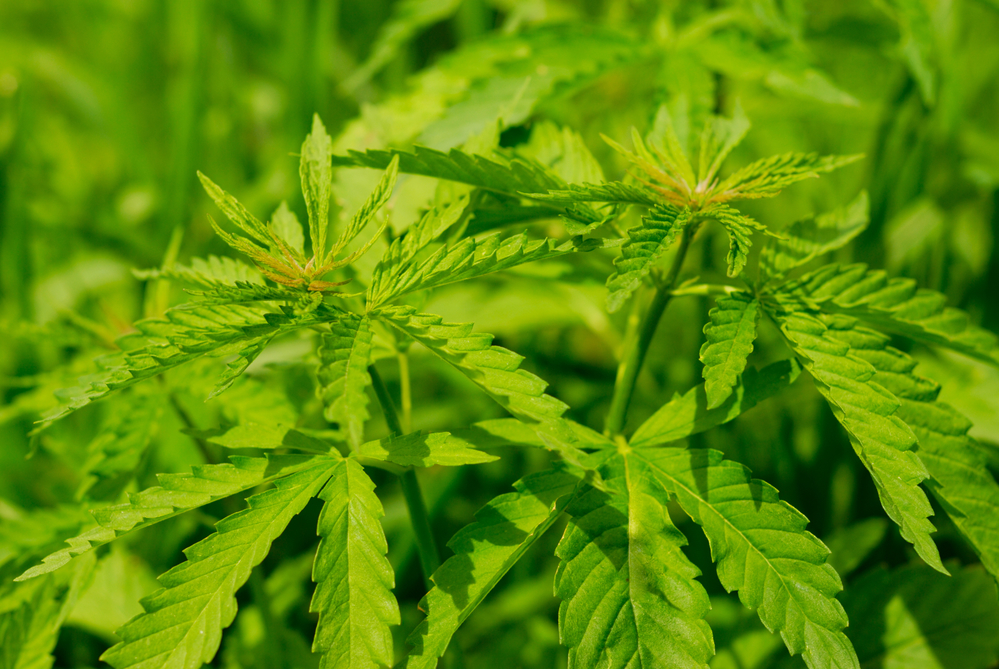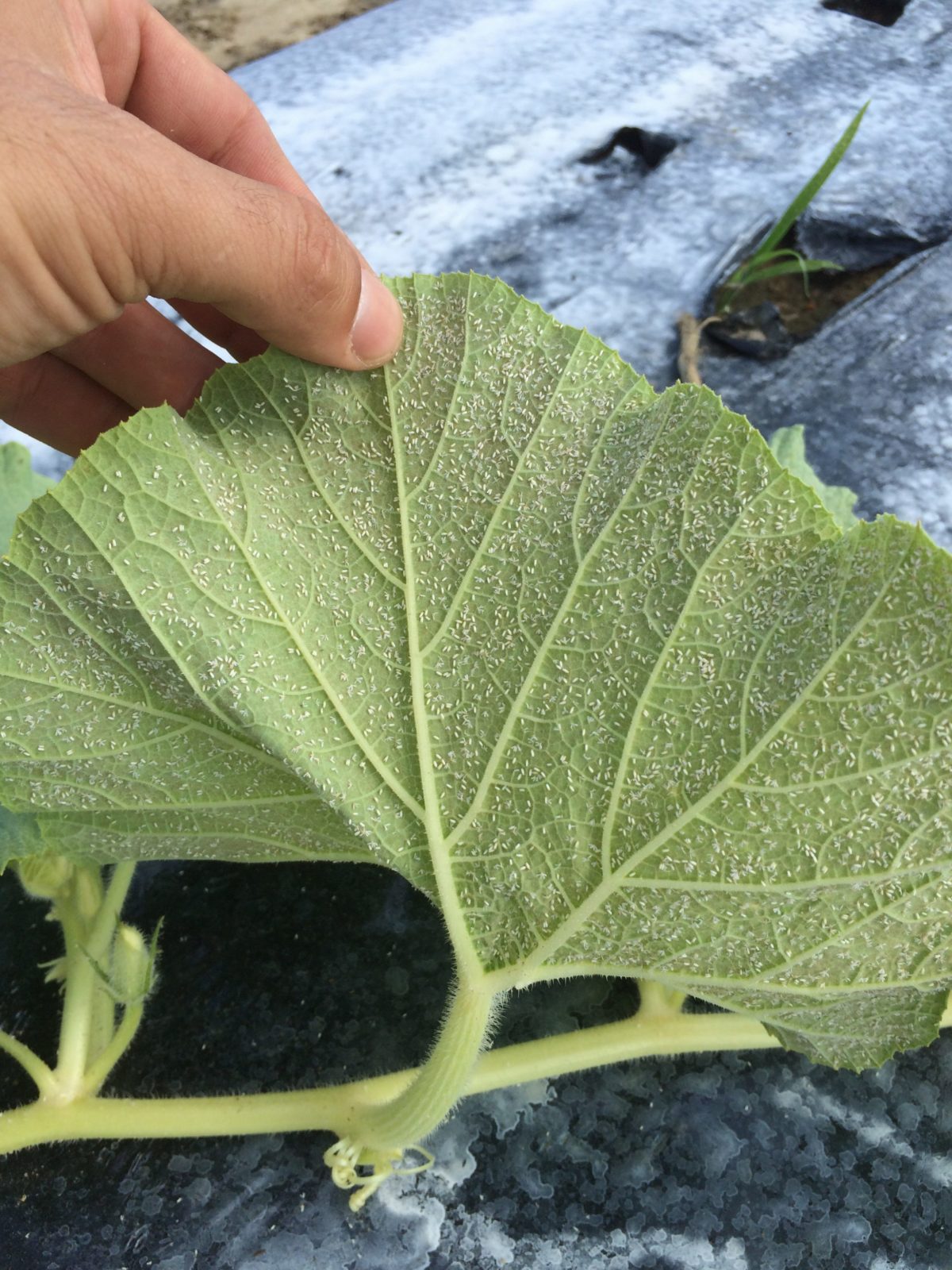By Ashley Robinson The phaseout of methyl bromide continues to stimulate research into the use of other soil fumigants for controlling soilborne pathogens, nematodes and weeds to an acceptable level for production. Researchers at the University of Florida Institute of Food and Agricultural Sciences (UF/IFAS) are looking at ways to modify the current fumigation system to better reflect the distribution …
GFVA Executive Director: It Was a Pretty Good Season
By Clint Thompson Georgia’s fruit and vegetable growers had their share of obstacles this growing season but emerged mostly unscathed with a productive season, according to Charles Hall, executive director of the Georgia Fruit and Vegetable Association (GFVA). He credits alternative marketing outlets for helping products get sold in a timely fashion. “Because of the Food Box program that the …
Watermelon Shortage? One Farmer Thinks So
By Clint Thompson Watermelon producers continue to enjoy high prices, though, there may soon be a shortage. Carr Hussey, a watermelon farmer in Florida and Alabama and chairman of the board of the Florida Watermelon Association, said there may soon be a shortage as producers in the Southeast region finish harvesting their crop, while the northern states are still not …
Georgia Hemp Up and Growing
By Clint Thompson Georgia’s hemp crop is still being planted across the state. According to Tim Coolong, associate professor in the UGA College of Agricultural and Environmental Sciences, the recent rainfall could impact the crop both positively and negatively. “Hemp doesn’t like it overly wet. In parts of the state, if there’s standing water in fields or if it’s saturated, …
Thinning Pecan Trees Better Equips Producers For Future
By Clint Thompson University of Georgia Cooperative Extension is encouraging pecan growers to thin their bumper crop this summer to avoid having a down year next season. Southeast Georgia Area Pecan Agent Andrew Sawyer said this year’s pecan crop exceeds the 70% fruit-bearing terminals they recommend pecan trees to have at this stage in the growing season, along with having …
UF/IFAS Scientists Develop a Specialty Pepper With Better Resistance to Root-Knot Nematodes
By: Brad Buck, bradbuck@ufl.edu Bell peppers make for a delicious snack. Among additional choices, you can add them to sandwiches and pizzas, as they’re tasty and full of vitamin C, making them a popular vegetable. As a $235 million-a-year business in Florida, bell peppers are also an important crop, especially in the southeast and southwest parts of the state. As …
Picking Varieties With Profit Potential
By Gene McAvoy Choosing which variety to plant is one of the most critical decisions that a commercial grower must make each season. Variety selection is a dynamic process. In the past, some varieties retained favor for many years. More recently, with advances in plant breeding and the incorporation of new and improved traits for disease resistance and other horticultural …
UGA Entomologist: Whiteflies Not as Bad as 2017 But Still Bad
By Clint Thompson University of Georgia Cooperative Extension vegetable entomologist Stormy Sparks confirmed this week that whiteflies are back with a vengeance on susceptible vegetable crops and Georgia’s cotton, which is still just a few weeks old. “I’ve been holding off a long time on saying it looks bad. But about a week ago, it’s just hard to say it …
UF’s Angle: We need to have a more resilient marketing system
By Clint Thompson A second wave of the coronavirus pandemic is inevitable. Perhaps we are already in it, just a few months ahead of the fall forecasts that most projected would coincide with flu season. But you can pencil in COVID-19 as another challenge farmers will have to face this fall, especially as preparations are already underway for the fall …
Florida Vegetable Farmer: Future of American Farming Dismal
By Clint Thompson Florida vegetable farmer Sam Accursio paints a gloomy picture for the future of farming and the availability of food in the United States. “It’s dismal, unless the American consumer says we’ve had enough. We are going to support these American growers or we’re going to be hungry some day. It may not be in my lifetime. It …











